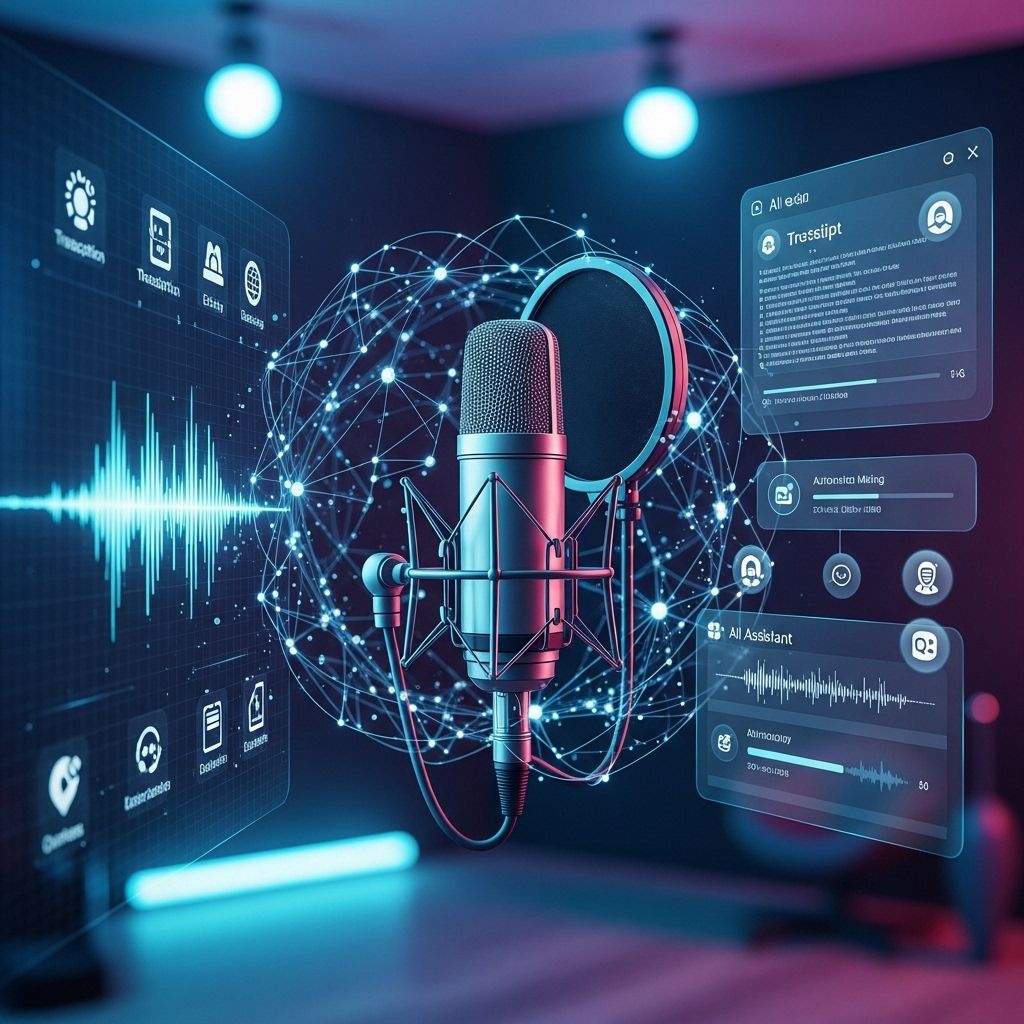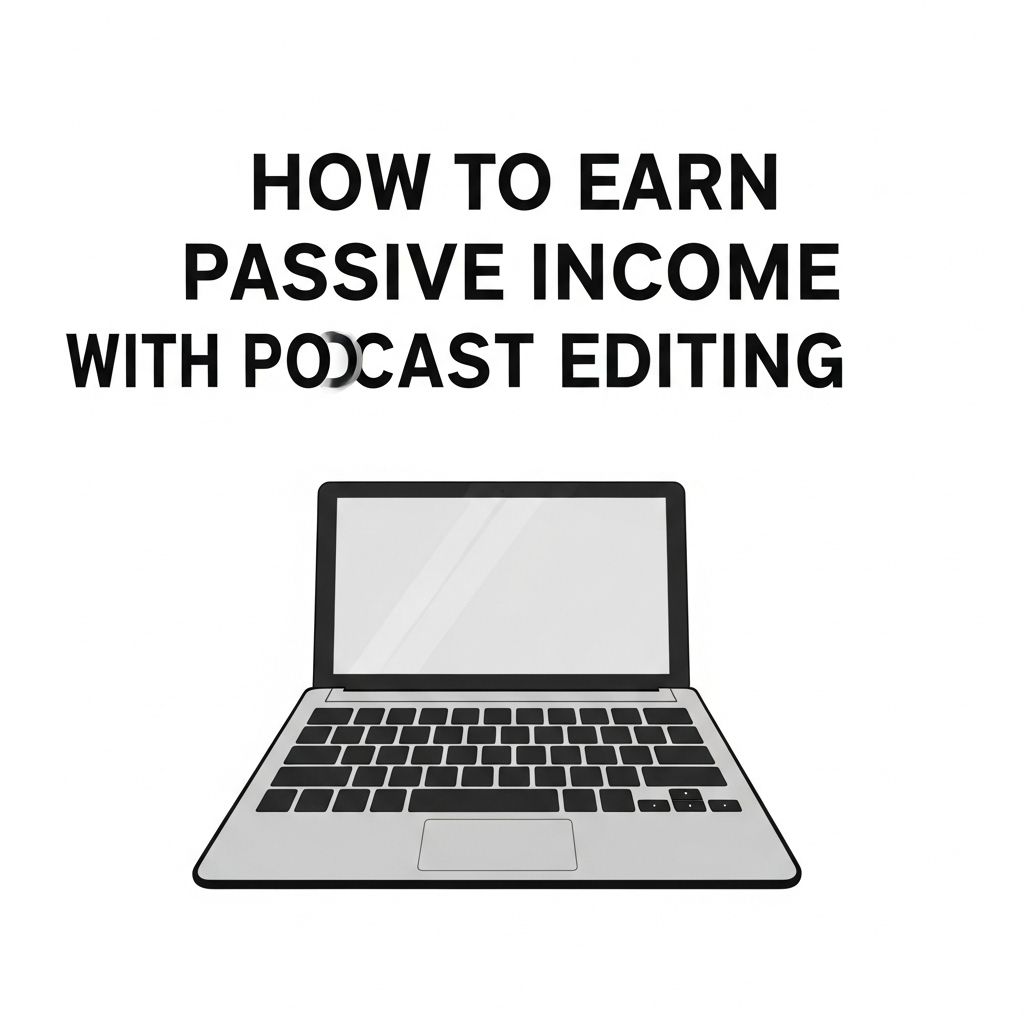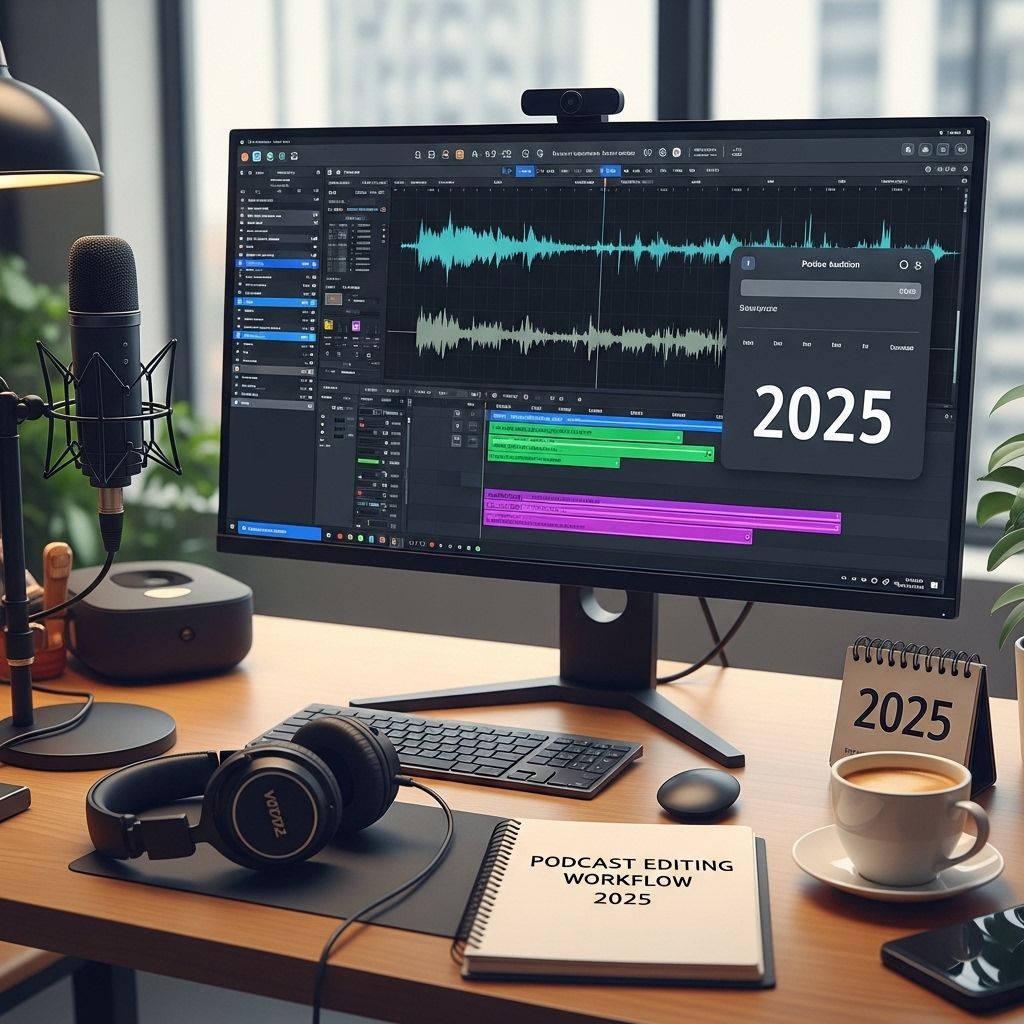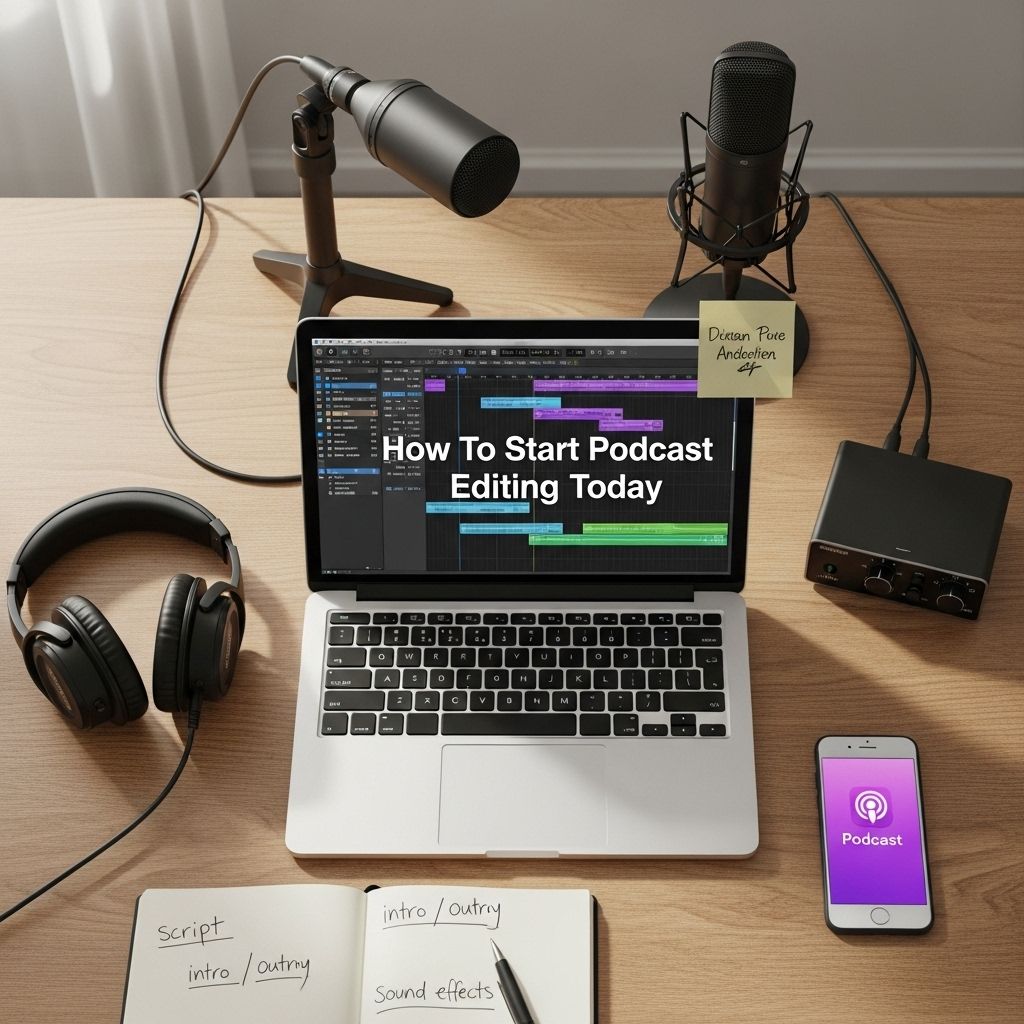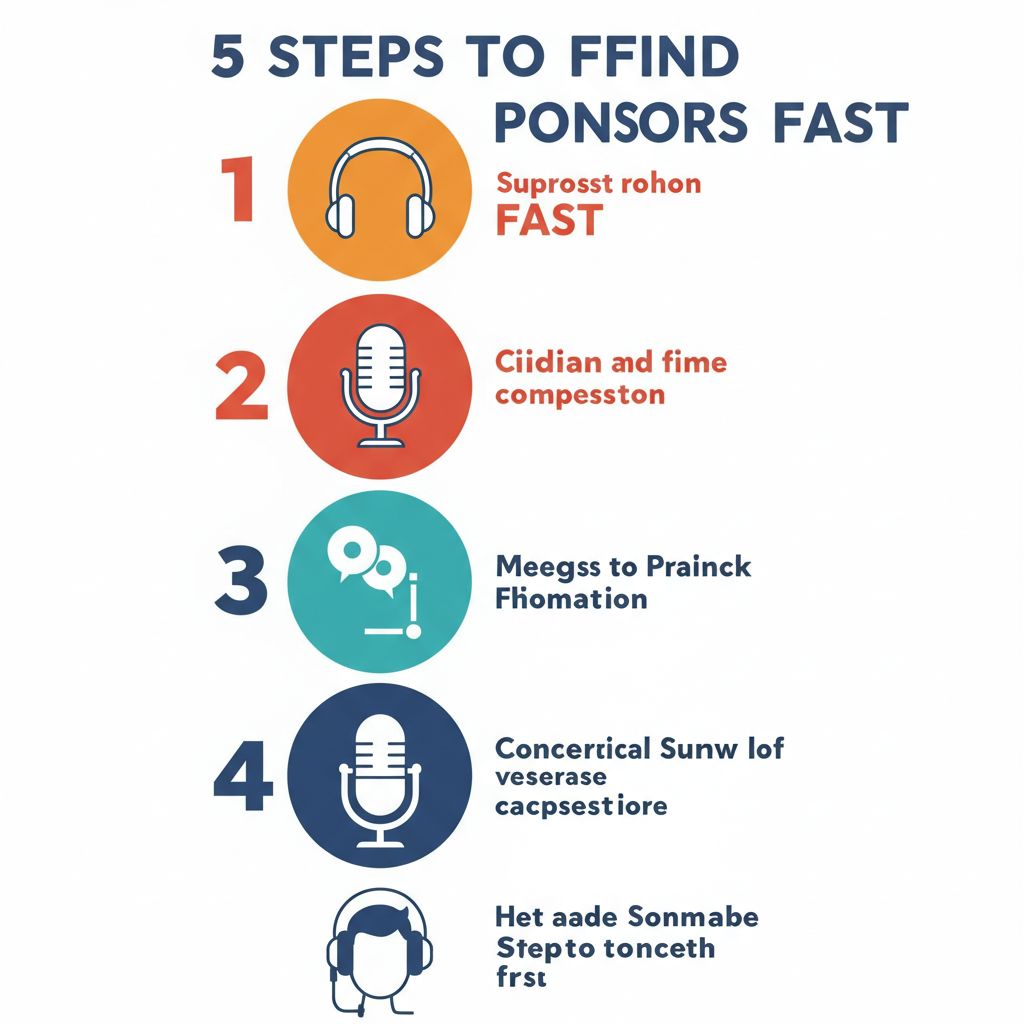As the podcasting landscape continues to evolve, creators are constantly seeking innovative ways to streamline production processes. From recording to editing and distribution, the use of artificial intelligence (AI) tools has emerged as a game-changer. These technologies not only save time but also enhance the overall quality of the content. In this article, we will explore various AI tools that can simplify podcast production, the benefits of their integration, and tips on how to effectively implement them in your workflow.
Table of Contents
The Rise of AI in Podcasting
Podcasting has exploded in popularity, with millions of active shows and billions of episodes available for listeners. As the competition grows, podcasters must focus on quality and efficiency. AI is revolutionizing various aspects of podcasting, including:
- Speech recognition: Transcribing recordings with high accuracy.
- Audio editing: Automatically removing background noise and enhancing sound quality.
- Content generation: Assisting in scriptwriting and idea generation.
- Marketing and analytics: Analyzing listener data and optimizing marketing strategies.
Key AI Tools for Podcast Production
Incorporating AI tools into your podcast production can drastically reduce the time spent on mundane tasks. Here are some standout tools tailored for different phases of production:
Recording
While traditional recording methods can be time-consuming, AI-driven applications enhance the recording experience:
- Descript: An all-in-one tool that allows users to record audio and video while providing real-time transcription.
- SquadCast: Enables high-quality remote recording and offers automatic post-production features.
Editing
Editing is often the most labor-intensive part of podcast production. AI can significantly reduce workload:
- Alitu: An online podcast maker that simplifies editing with a user-friendly interface and automatic quality enhancements.
- Auphonic: An audio post-processing tool that optimizes sound through intelligent algorithms.
Transcription
Transcribing episodes is crucial for accessibility and SEO. AI tools offer fast and accurate transcriptions:
- Otter.ai: Provides automated transcription services with collaboration features.
- Rev: While not entirely AI-based, it offers both manual and automated transcription for accuracy.
Content Creation and Idea Generation
Generating engaging content consistently can be challenging. AI can assist in brainstorming and scriptwriting:
- GPT-3: OpenAI’s language model can generate topic ideas, outlines, and even full scripts based on prompts.
- Hemingway Editor: Analyzes text for readability and clarity, helping podcasters refine their scripts.
Marketing and Distribution
Reaching your target audience is critical for podcast success. AI tools can facilitate effective marketing strategies:
- Headliner: Automatically creates promotional videos from audio clips to boost engagement on social media.
- Podchaser: Offers advanced analytics for audience insights and engagement tracking.
Benefits of Using AI Tools
The integration of AI tools in podcast production offers numerous advantages:
- Efficiency: Automating repetitive tasks allows creators to focus on content quality and creativity.
- Improved Quality: AI tools often produce better sound quality, ensuring a professional end-product.
- Accessibility: Transcriptions and subtitles make content accessible to a wider audience, including those with hearing impairments.
- Data-Driven Decisions: AI analytics provide insights that help podcasters tailor their content and marketing strategies effectively.
Implementing AI Tools into Your Workflow
Adopting AI tools requires a strategic approach. Here’s a step-by-step guide on how to effectively integrate them into your podcast production:
1. Identify Your Needs
Assess which areas of your podcast production could benefit the most from automation. Common pain points include:
- Time spent on editing and post-production
- Difficulty in generating content ideas
- The need for accurate transcripts
2. Research and Select Tools
Explore various AI tools available in the market. Consider factors such as:
- Usability and learning curve
- Integration capabilities with existing tools
- Cost and subscription models
3. Test and Iterate
Before fully committing to a tool, conduct a trial run. Gather feedback and assess whether it meets your expectations:
- Monitor how much time it saves
- Evaluate the quality of output
- Adjust your workflow based on test results
4. Train Your Team
If you work with a team, ensure everyone is trained on how to use the selected AI tools effectively. This might include:
- Workshops and demonstrations
- Creating a shared knowledge base
- Encouraging feedback and suggestions for improvement
5. Monitor and Optimize
After implementing AI tools, continuously monitor their performance and gather data to optimize your workflow:
- Track metrics to see how AI impacts production time and quality
- Solicit listener feedback regarding content accessibility
- Stay updated on new AI advancements and tools
Conclusion
The integration of AI tools into podcast production is no longer a luxury but a necessity in today’s fast-paced digital landscape. By automating tedious tasks, enhancing content quality, and providing valuable data insights, AI tools empower podcasters to focus on what truly matters: telling compelling stories that resonate with their audience. As technology continues to advance, embracing these tools will be crucial for staying competitive in the podcasting industry.
FAQ
How can AI tools improve podcast production?
AI tools can automate tasks such as editing, transcription, and content scheduling, significantly reducing the time and effort required in podcast production.
What are some popular AI tools for podcast editing?
Popular AI tools for podcast editing include Descript, Alitu, and Adobe Audition, which offer features like automatic editing and audio enhancement.
Can AI tools help with podcast marketing?
Yes, AI tools can analyze audience data, optimize SEO, and automate social media posts to enhance podcast marketing efforts.
Are AI-generated transcripts accurate for podcasts?
AI-generated transcripts have improved significantly in accuracy, but it’s still advisable to review them for any errors, especially in specialized content.
How do AI tools assist in content creation for podcasts?
AI tools can help generate show notes, suggest topics, and even create scripts based on trending subjects, streamlining the content creation process.
What should I consider when choosing AI tools for podcast production?
When choosing AI tools for podcast production, consider factors such as ease of use, integration capabilities, features offered, and your specific production needs.

